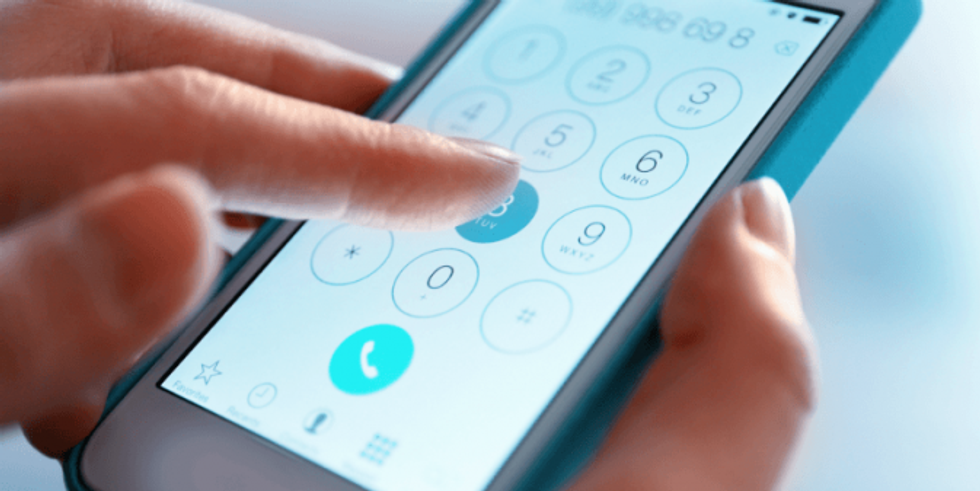We have all heard about seasonal depression. There's always the one person in your friend group or workplace that claims it or has at least brought it up when you know it may not be all that serious. I don't mean to say this to invalidate a person's feelings, rather explain we all experience situations with different depths. Many can claim this, but, how many can truly say they have seasonal depression?
We know ourselves better than anyone else, but how can we help others?

It's hard to identify what others feel, trying to define the line between prolonged sadness and a chemical imbalance that causes depression. All we can truly understand is how we feel and try to relate it to others. I'll leave it to the professionals to explain what the chemical and psychologic differences are, but I can contribute a little bit of insight and personal experience if you're up for it.
The endless cycle of roller coastering emotions

I've had problems with depression year-round. I don't try to hide it because looking back, I have recognized the signs as early as the fifth grade. I never knew how to manage it well, and medication has never been a thing for me to habitually take as it is. The most discouraging for me is to continually try a medication for months all for it to not work or the side effects to be worse than what I felt before. I've always been one to talk with a therapist ever since a close family member of mine passed away, over 10 years ago. That may seem excessive, but that extra help to stay on track has always been beneficial for me.
All I need is a pause button

One thing that I'm just now coming to terms with is how hard it is for me to stick to a schedule or routine. I search for a mental and physical break whenever I can, but when I can't find one, I tend to create my own. Listen up, as a college student, that's not something to feasibly do and be able to pass classes. When I get so emotionally drained, I stop. I must have the break before I lose myself. Once I get into a bad routine, for example not getting more than three hours of sleep every night for weeks on end, then I have a hard time getting out of it because I may be able to keep up with the workload for once. The one thing I always forget about? My health. I can finally get all of my things done, but is it quality? Do I feel myself? Do I feel okay?
It's different for everyone

Depression, in and of itself, is different for everyone. Mine has always been around the time classes start to pick up, around the time my classes start kicking me around in the dirt like I have lunch money to be taken. I know someone who has a vitamin D deficiency, so when it becomes fall and winter with, their Vitamin D levels are so depleted with the lack of sunshine, they can't help but feel low. You may think it's an easy fix but keeping the levels in the normal range is a hard thing to do.
Is this time management?

I know my experiences cause me to be picky about who I hang out with. If I can't be 100% comfortable with who I'm around, I don't think it's a good use of this stressful time. It's cold in my room in the mornings, why would I want to leave my bed? It gets darker earlier, why would I feel energized to stay on top of things when the sun doesn't even have the energy to stay up long? Maybe I notice it more because I have so much more time alone in the dark to think to myself, realizing what I could be doing and what I am not getting one.
The need to identify

My depression may be exposed more seasonally, it may be academically related, and it may be a mix of both. All I know is I always get to this point where I am only stuck, or at least I feel that way. I want to be able to define it, but if I keep pushing to define it, I lose more valuable time before I realize that no one can truly identify what I'm feeling in the same way I do. Maybe that makes me feel more alone, knowing I am stuck in my feelings with no definitive meaning or solution.
Help is only a phone call away

You are not alone and help is not far away.
Substance Abuse and Mental Health Services Administration
1-800-662-HELP (4357)
National Hopeline Network
1-800-SUICIDE (784-2433)
National Suicide Prevention Lifeline
1-800-273-TALK (8255)






















